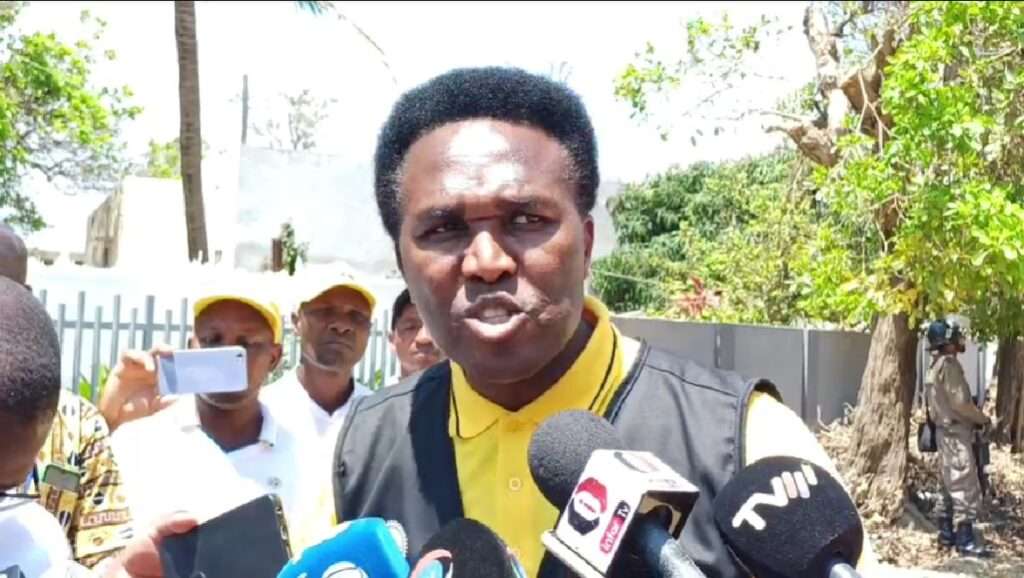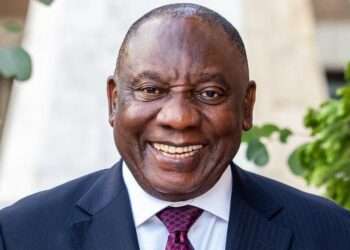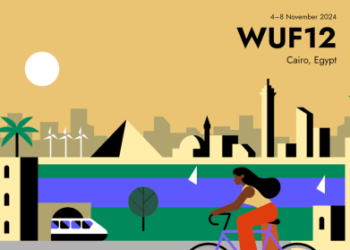Mozambican authorities have warned they may deploy soldiers to control escalating post-election protests, sparked by opposition rejection of recent election results that extended the ruling Frelimo party’s 49-year hold on power. Protests erupted across the nation, with opposition groups accusing the government of electoral manipulation.
The unrest began after the October 24 announcement of the presidential election results, declaring Frelimo candidate Daniel Chapo as the outright winner. Thousands have since taken to the streets, with opposition leaders planning a significant protest in the capital, Maputo, on Thursday, November 7.
Unrest Escalates As Violence And Crackdowns Intensify
Amnesty International reported that at least 20 people have died, with hundreds more injured or detained since the unrest began. Amnesty called it the most severe crackdown on public dissent in Mozambique in years.
The organization also alleged that the government has intermittently cut internet access nationwide and blocked media websites, severely limiting communication and information flow.
Mozambique’s Defense Minister Cristóvão Chume stated on Tuesday, November 5 “f the escalation of violence continues, the armed forces will replace the police on the ground to protect the interests of the state.”
The protests have already forced the government to close its side of the Lebombo border with South Africa, citing reports of vehicles being torched near the border.
“Due to these security incidents and in the interest of public safety, the port has been temporarily closed until further notice. This decision was made to ensure the safety of all cross-border transporters, travelers, traders, and officials operating at the port.”
Border Management Agency
Tensions at the border are mounting, with residents in the town of Ressano Garcia, near the South African border, reported to have looted trucks and set up road barricades to halt traffic. Local media sources report that one truck was set on fire, and police have resorted to using tear gas to disperse looters and dismantle the barricades.
Healthcare Strained as Protests Impact Civil Services
Amid the escalating violence, doctors and healthcare workers in Mozambique are raising alarms about the toll on civilians and medical facilities.
“In some health units, unfortunately, there are services that are starting to no longer work, especially outpatient care and consultations. Unfortunately, even some vaccinations for children, which are very important.”
Napoleão Viola, Head of the Medical Association of Mozambique.
The organization estimates that more than 100 people have been treated for injuries related to the protests, further straining an already limited healthcare system.
International Reactions And Allegations Of Electoral Fraud
The opposition’s rallying call is led by Venancio Mondlane, the election runner-up who received 20% of the vote and alleged widespread rigging by Frelimo. Mondlane, however, is now reported to have fled Mozambique, and his current whereabouts remain unknown.

Khanyo Farise, Amnesty International’s East and Southern African regional deputy director condemned the government’s use of force.
“The last two weeks in Mozambique have been marked by completely unnecessary bloodshed as authorities have tried to stop a peaceful protest movement with deadly force. The number of casualties increases every day, with authorities deploying weapons of war, including rifles and armored vehicles, on city streets.”
Khanyo Farise
Frelimo has often faced allegations of manipulating election outcomes, though the party has consistently denied such claims. International observers, including the European Union’s monitoring mission, have raised concerns as well.
Shortly after the elections, the EU observer mission reported issues with election transparency, claiming that monitors were barred from some areas and noted instances of “unjustified alteration” of results at polling stations.
With tensions escalating, Mozambican citizens and global human rights organizations remain vigilant, demanding accountability and transparent governance in the wake of what could be one of the nation’s most turbulent electoral periods in recent history.
READ ALSO: Speaker Bagbin Reaffirms Parliament’s Functionality, Rejects Claims of Constitutional Crisis





















